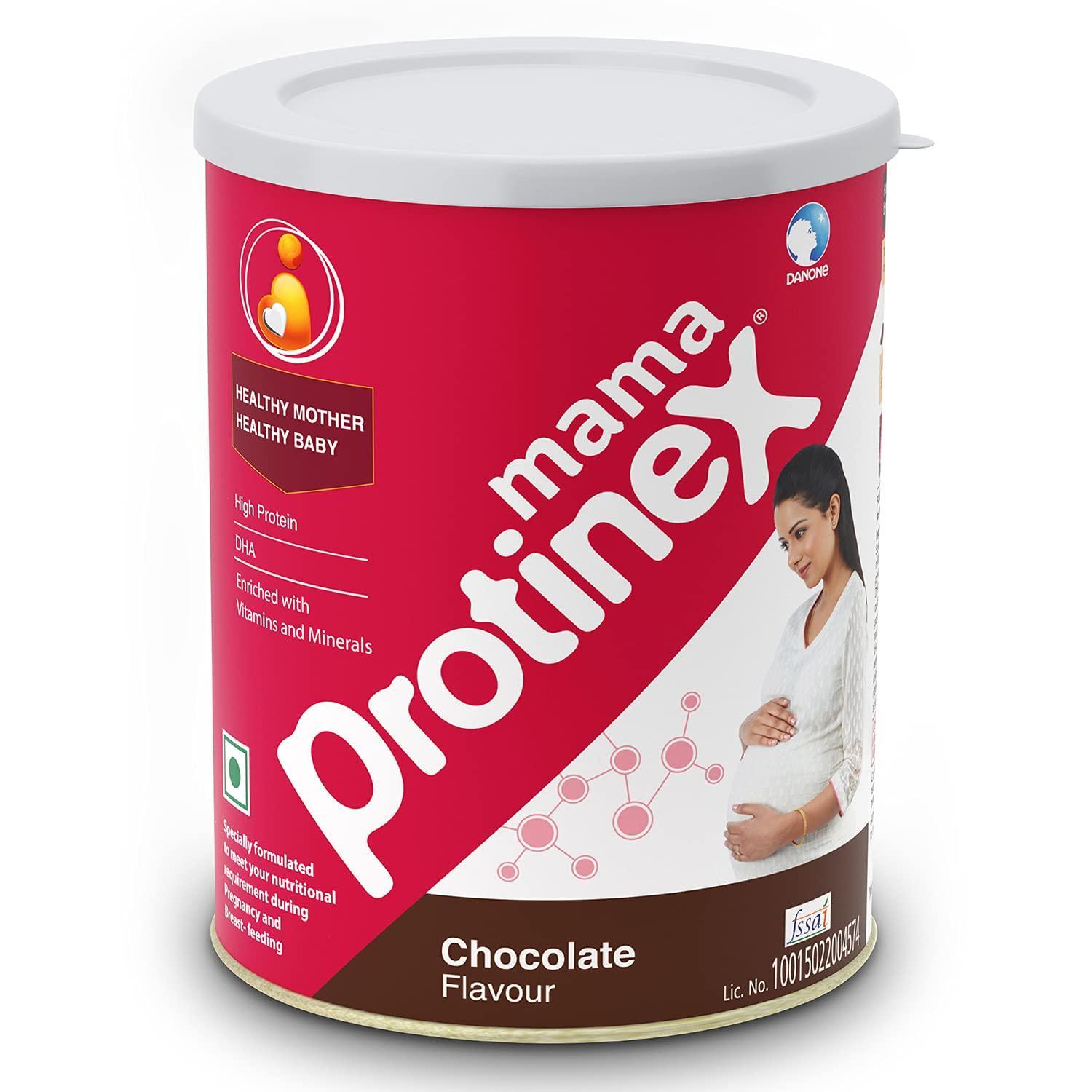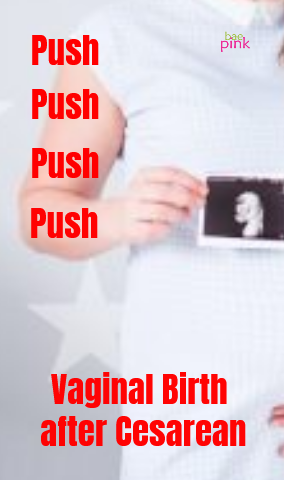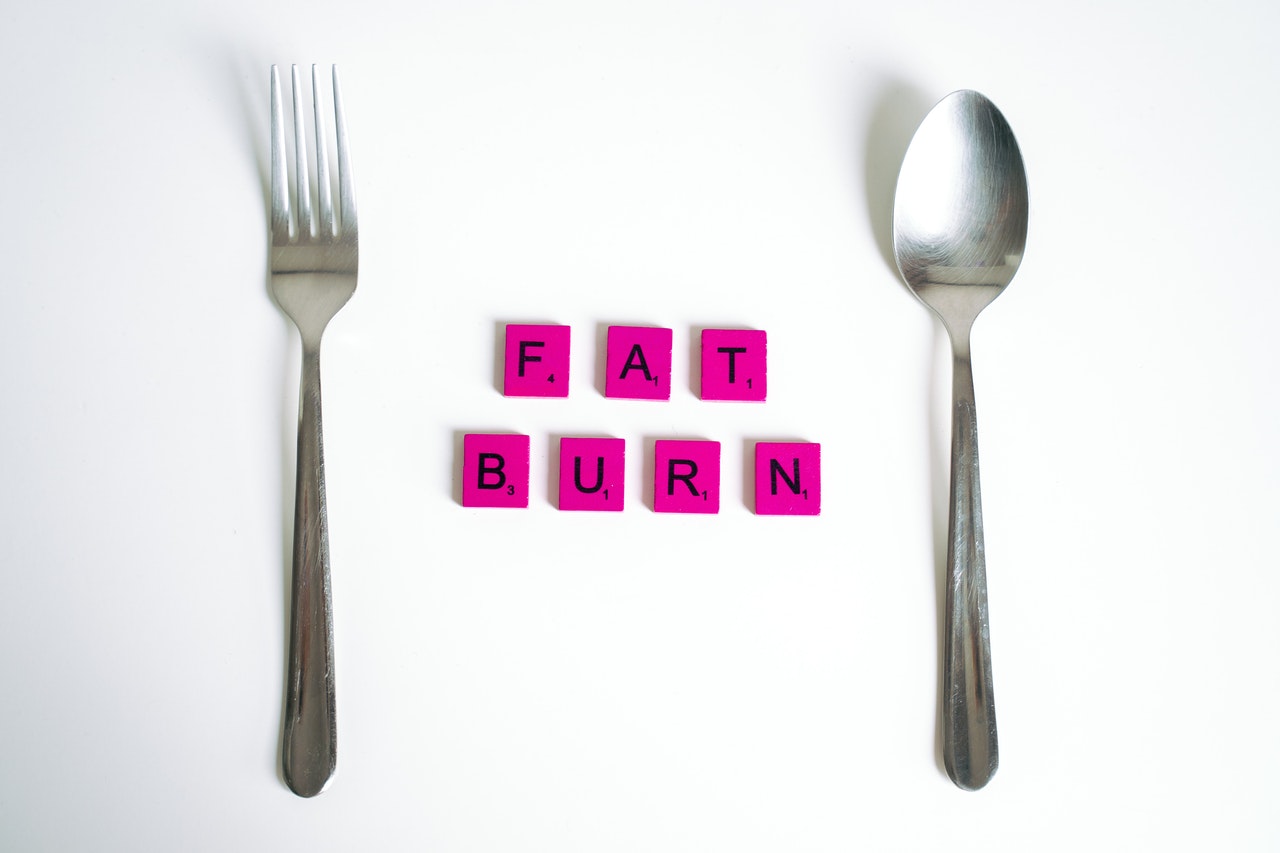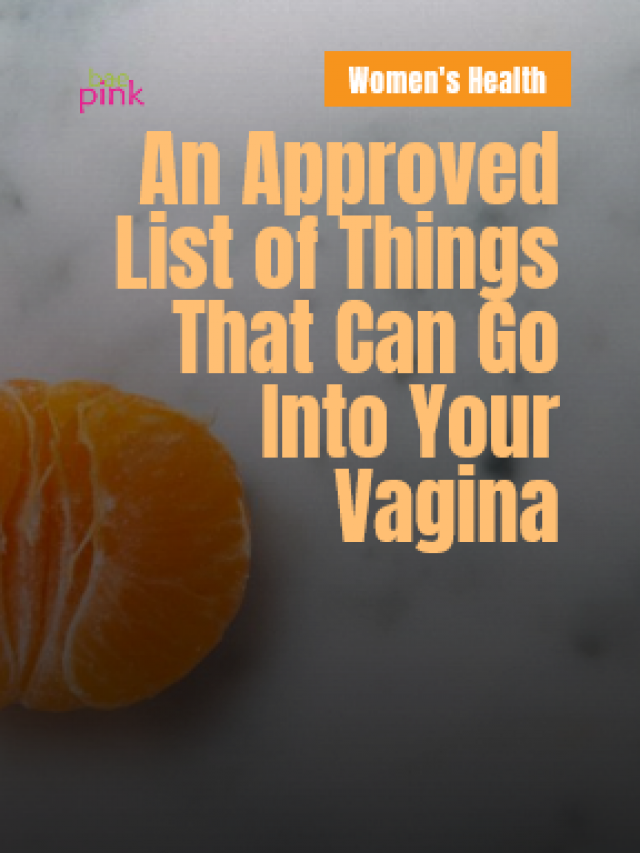What is PMS?
Before the menstrual cycle begins, many women go through a variety of mental and physical symptoms and or mood changes. When these symptoms happen month after month and affect a woman’s normal life, they are known as Premenstrual Syndrome (PMS).
Up to 90% of women experienced Premenstrual change, with approximately 40% experiencing moderate distress, which is categorized as Premenstrual Syndrome (PMS).
2 to 5% experience severe distress and disruption to their lives, which is categorized as PMDD – Premenstrual Dysphoric Disorder.

Symptoms of PMS
There are two types of symptoms reported in PMS,
- Emotional symptoms such as Depression, Angry outbursts, Irritability, Anxiety, Confusion, Crying spells, social withdrawal, Poor concentration, Insomnia, Increased nap-taking, & changes in Sexual desire.
- Physical symptoms like Thirst and appetite changes (food cravings), Bloating and Weight gain, Headache, Breast tenderness, Swelling of the hands or feet, aches and pains, Fatigue, Skin problems, Gastrointestinal symptoms, and Abdominal pain.
Reasons for PMS
Mood and physical symptoms are severe and are accompanied by impairment for the four days before through the first two days of menses. These symptoms result from a combination of life stress and hormonal changes.

The aetiology of PMS stays unknown but a few factors imputed to nutrition like amino acids, calcium, magnesium, and vitamin B deficiencies; Sex hormones as observed in the interaction of oestrogen and progesterone may be reasons for PMS development. Also, the excitatory and inhibitory roles of Serotonin and GABA – Gamma-Aminobutyric Acid are possible parameters for PMS development.
Other PMS factors include genetic makeup which includes homology shared among daughter and mother as well as in twins; Personality traits like low self-esteem, introversion and extroversion; use of oral contraceptive pills (OCPs); stress related to physical activity involving the stress hormone cortisol; age; ethnicity and smoking.
Impacts of PMS on relationships & herself
Premenstrual disorders devastate women, their families, and their work. PMS is frequently manifested by anger or tension in their relationships. Some women feel so angry at their partners that they need to depart them.
Women’s experience of distress or anger premenstrually is associated with self-policing practices of self-quieting, self-reconnaissance, over-responsibility, self-fault, and benevolence, and their situating of this misery as PMS happens through a cycle of subjectification.
Women with professional and childrearing responsibilities reported the highest levels of premenstrual distress, according to Coughlin’s (1990) survey of 150 American women.
PMS is frequently pathologized in women as a result of negative partner interpretations of the condition and a lack of support. which also causes distress in relationships.
Women who have supportive partners have less distress overall, whereas those who do not have supportive partners experience more distress.
As per a study, half of the women said that their partners did not acknowledge the legitimacy of premenstrual change. It indicated that they had not discussed PMS with their partner or how they would like to be supported at this time. So, no partner support causes distress and anger in relationships.
Partner support help in PMS
A woman’s partner can help decrease PMS symptoms, rather than worsen them. One another study showed couples counselling decreased signs & symptoms of moderate to severe premenstrual symptoms and enhanced relationship satisfaction.
According to one study, findings suggest that one-to-one and couple (CBT) Cognitive-behaviour therapy interventions can significantly reduce women’s premenstrual symptomatology and distress, and also improve premenstrual coping.
Also, this therapy may have a positive impact on behavioural coping and perceptions of relationship context and support. It is reported that Women in lesbian relationships have greater premenstrual support and understanding from their partner, which can help to reduce symptoms.

Many men want to support their partner but don’t know what to do as they don’t understand Pre-Menstrual Syndrome. Partner support and empathy can reduce guilt and self-blame related to premenstrual change, & allowing women to engage in coping strategies premenstrual, like taking time out to be alone or engage in self-care.
Some foods help to reduce Stress
Fluctuations of serotonin (neurotransmitter) which is thought to play a vital role in mood states, & also trigger PMS symptoms. Insufficient amounts of serotonin may contribute to premenstrual depression, as well as to food cravings, fatigue, and sleep problems. Intake of serotonin reach foods may reduce stress & helpful in PMS.
Bananas, pineapple, plum, kiwi, paprika, spinach, strawberry, tomato, pomegranate, lettuce, green onion, etc are the source of serotonin.
According to one study, a combination of Magnesium and vitamin B6 can relieve PMS symptoms. They reported that vitamin B6 decrease the severity of the symptoms more effectively. Magnesium is widely distributed in green leafy vegetables, like spinach, legumes, nuts, seeds, and whole grains, dark chocolates. The richest sources of Vitamin B6 include fish, beef liver and other organ meats, potatoes and other starchy vegetables, and fruit like bananas, papayas, oranges, and cantaloupe. These types of fruits may reduce symptoms of PMS.
Take care
Mood swings are normal before & during menstruation. It can be moderate to severe in women. Stress, self-silencing, anger, self-doubt, irritation, and loneliness are impacts on the relationship due to PMS. If women get partner & family emotional support, medication, or some food which reduces symptoms, it can help in PMS reduction & make a happy relationship.






















